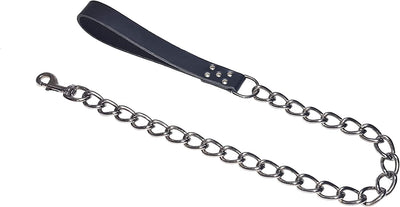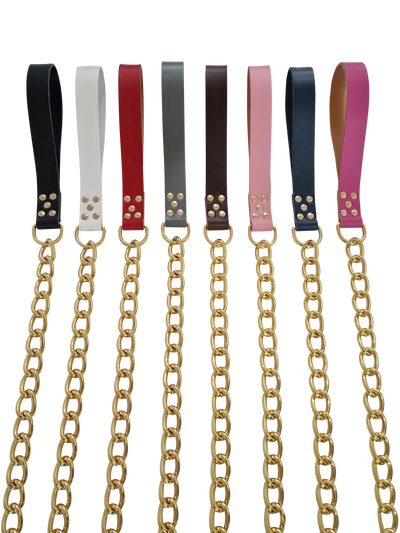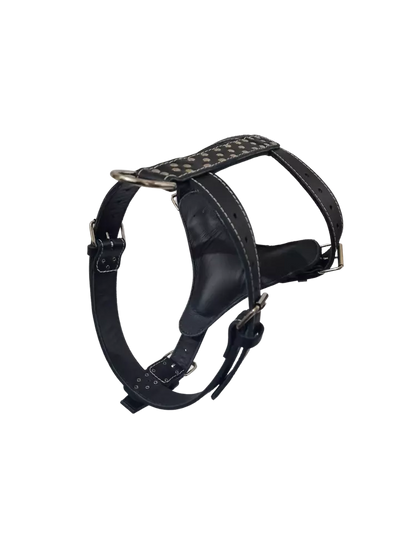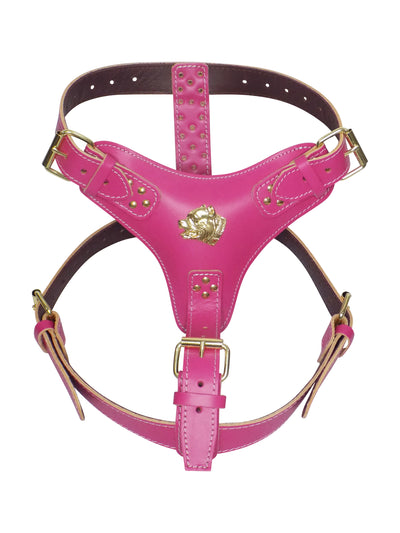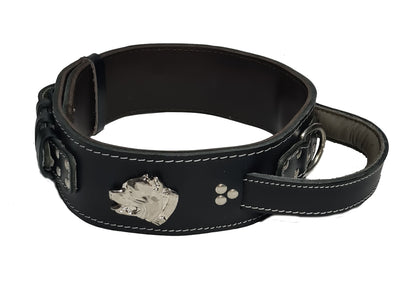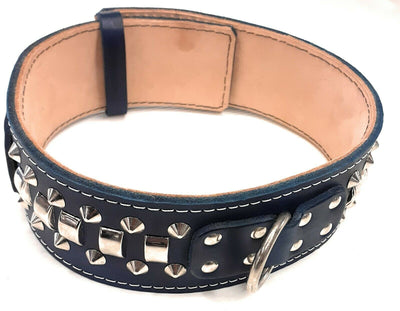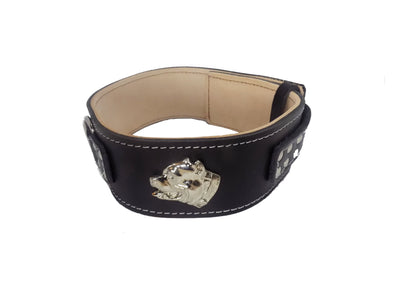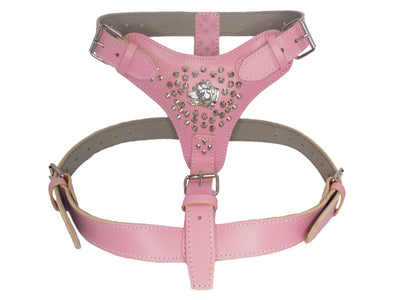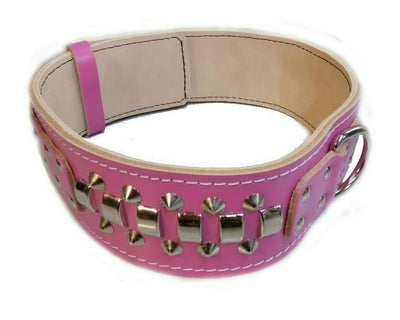Training Tips to Stop Lead Chewing
With a bit of patience and consistency, you can help your dog break this habit.
1. Redirect the Behaviour
The moment your dog starts to chew, calmly say “No” or “Leave it.” Then, redirect their attention to a toy or treat. Reward them when they stop chewing the lead.
👉 Positive reinforcement works better than punishment every time.
2. Practice Impulse Control
Teaching commands like sit, stay, and heel keeps your dog’s focus on you rather than the lead. Short, daily training sessions build discipline and reduce unwanted behavior.
3. Reward Good Walking
Praise and reward your dog when they walk calmly without chewing. Consistent positive feedback helps them understand what you want.
Tips and Tricks to Prevent Chewing
If your dog is still chewing despite training, try these simple solutions:
🧴 Use Taste Deterrents
Dogs dislike certain tastes — like mustard or apple cider vinegar. Lightly dab a bit on the leash. Once your dog tastes it, they’ll likely stop chewing.
(Always test on a small area of the lead first to ensure it won’t damage the material.)
🧸 Offer Safe Chew Toys
Provide your dog with durable chew toys to satisfy their natural chewing instinct. For puppies, teething rings or soft rubber toys work best. If they don't want to play with the toy, depends of the toy you can just insert some treats inside the toy to have the smell of dogs favorite food and will try to play with the toy longer then usual.
🚶 Increase Walks and Playtime
If your dog chews out of boredom or anxiety, add more walks, play sessions, or puzzle toys. Regular exercise helps calm nervous energy and keeps your dog mentally stimulated.
🦮 For Bigger Dogs: Try a Chain Lead
If you have a larger dog, a chain lead can be a great solution.
-
Chain leads are made of metal, which discourages chewing because dogs don’t enjoy the taste or feel of it.
-
They’re durable, safe, and ideal for powerful breeds who might easily destroy fabric or leather leads.
👉 Chain leads aren’t meant to replace training, but they’re a smart backup tool while your dog learns better habits.
Understanding Anxious or Nervous Dogs
Dogs that are anxious or under-stimulated often chew as a way to cope. Frequent, calm walks and consistent routines can help reduce stress.
If your dog’s anxiety seems severe, consult a veterinarian for advice tailored to your pup’s personality.
🐕 Final Thoughts
Chewing the lead might start as an innocent habit, but with time and gentle correction, your dog can learn better behaviour.
Use training, patience, and positive reinforcement — and remember, most dogs grow out of it with the right guidance and attention.
A calm dog, a sturdy lead, and a peaceful walk — that’s the goal every owner can reach!




